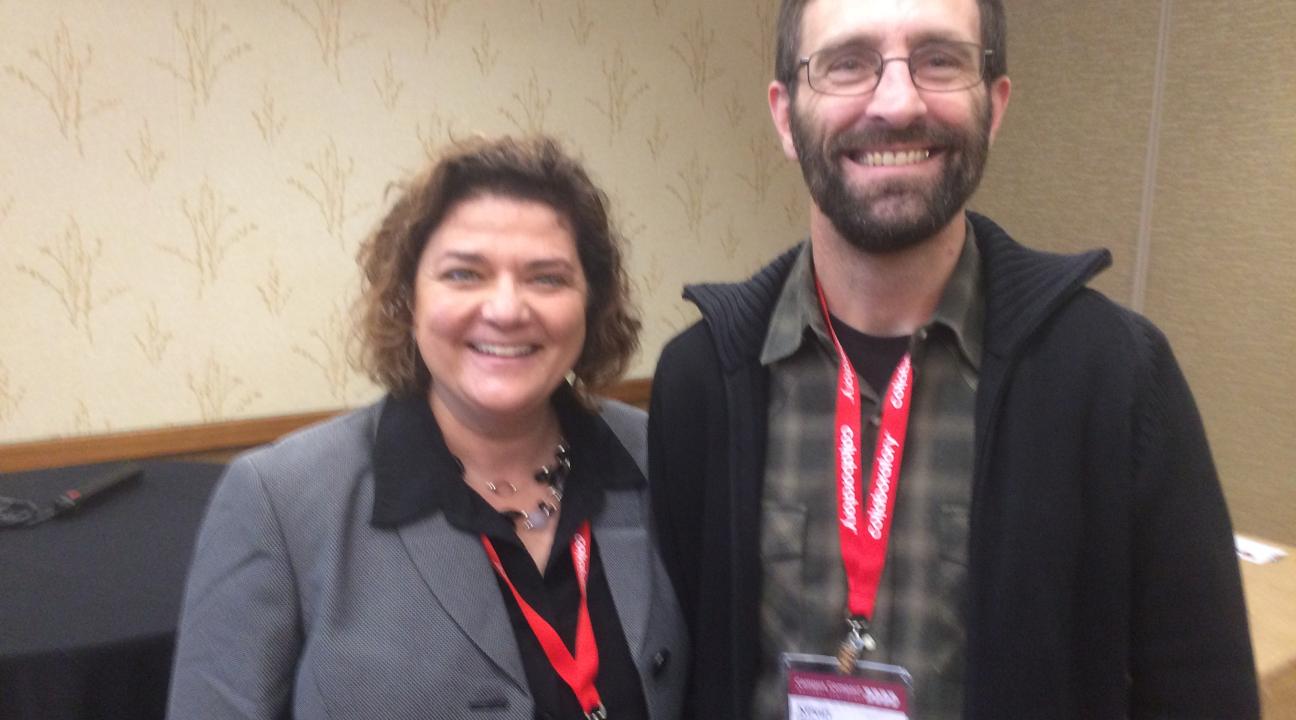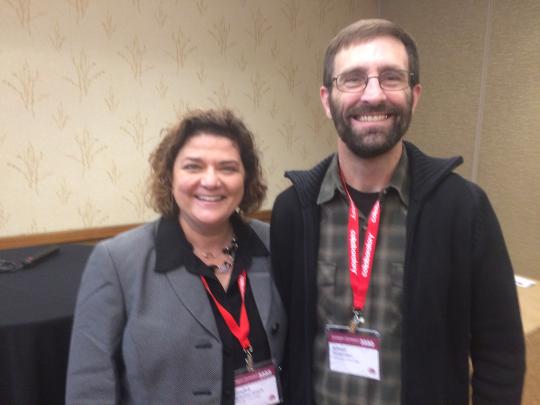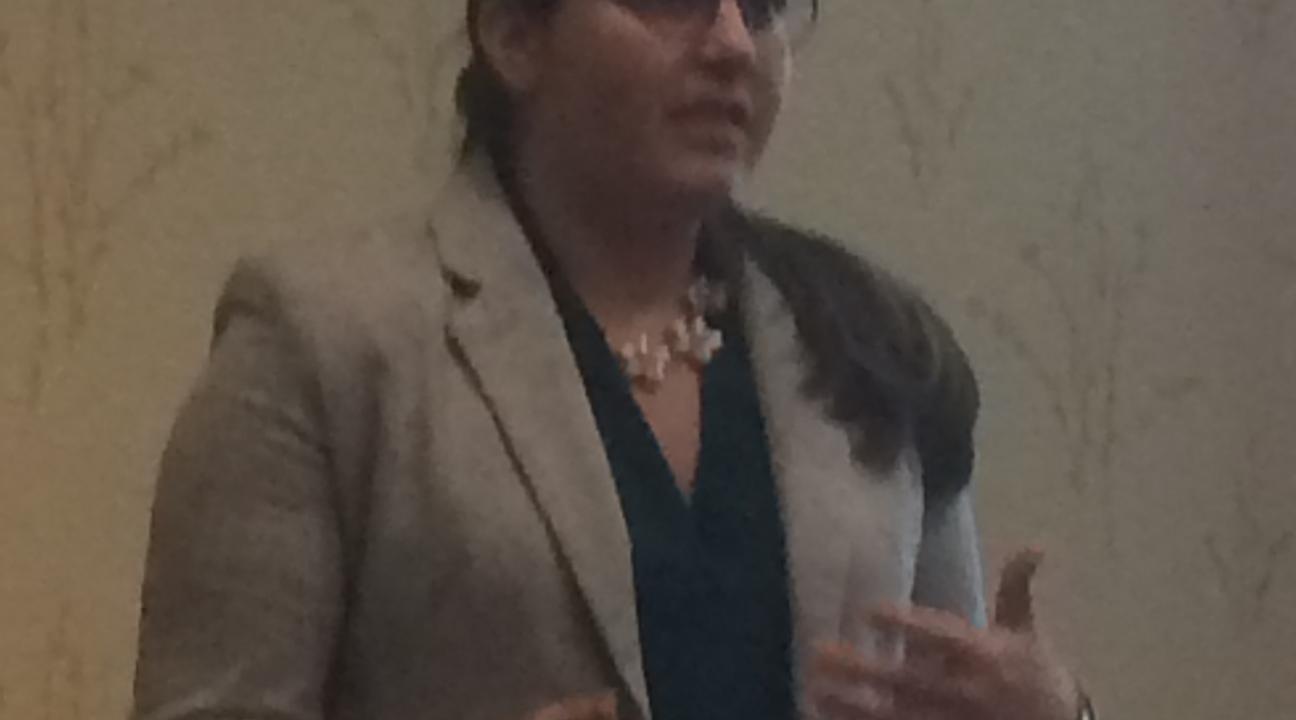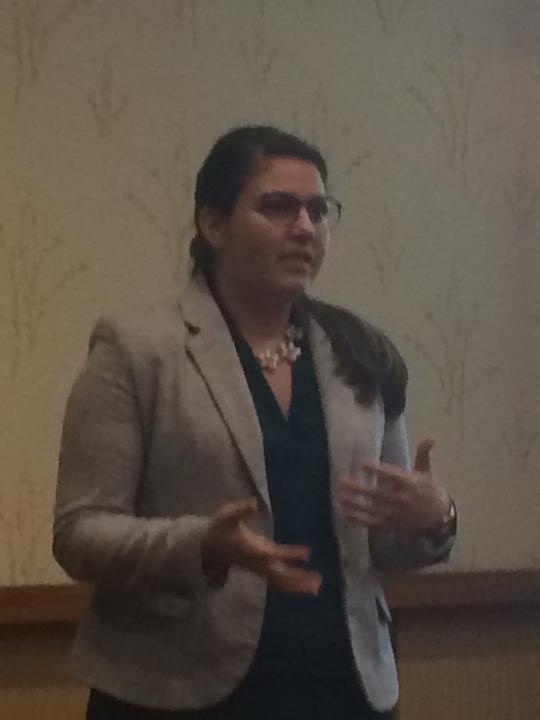My Experiences at the 2018 Campus Compact National Conference
Over the last twenty years, I've been to many conferences. I've done the big national and international conferences and the not so big local ones. Most of these conferences have been focused on physics, STEM education, or interdisciplinary sciences. This week I went to completely different kind of conference, the 2018 Campus Compact National Conference. It is the BIG ONE for service-learning and community engagement. Campus Compact itself is a national coalition of over a thousand colleges and university presidents focused on supporting community service, service-learning, and fostering civic minded students. Sonoma State University's president is a member of Campus Compact.
Related: Welcome, Jeremy & Missy!
Very much in contrast to Rohnert Park weather, fresh snowfall had prepped the Indianapolis stage with ten inches of fresh powder. The conference kicked off with a number of intensive four-hour workshops. I attended the session on engaging race led by Karin Cotterman, University of San Francisco; Marisol Morales, Director of Civic and Community Engagement University of La Verne; Kent Koth, Center for Community Engagement, Seattle University; Elaine Ikeda, Executive Director, California Campus Compact. The session really provided me with insights into challenges facing faculty and administrators seeking racial equality and equity. I see this as one of the major challenges to higher education in the next twenty years.
Related: STEM Reaches the Community
Overall, I found the conference to be very inspiring with many innovative programs and dedicated champions. I enjoyed the honesty and willingness to provide full disclosure of the presenters. For example, the work by the University of Southern Maine's Samantha Frisk highlighted the logistics of service-earning in a commuter campus and the amazing programs they are able to support. I would like to adapt many elements they have been using including student email etiquette, community service time tracking, and individual evaluation of participating students by the community partner.
Another example of a talk that I took a lot from was by Kevin Guerrieri and Sandra Sgoutas-Emch from the University of San Diego. Their presentation on implementing backward design to advance development of a Civic Action Plan directly relates to assessment planning currently in progress at our CCE. I was very impressed with how willing they were to discuss and provide their articulated guidelines, partner surveys, and measurable outcomes.
I found the many presentations and talks throughout the conference very inspirational. I look forward to next year's event, which will be the Western Region Continuums of Service conference hosted in San Diego.
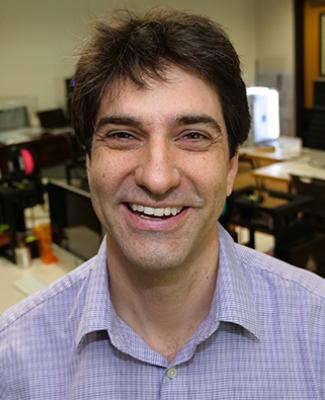
Author: Jeremy Qualls


